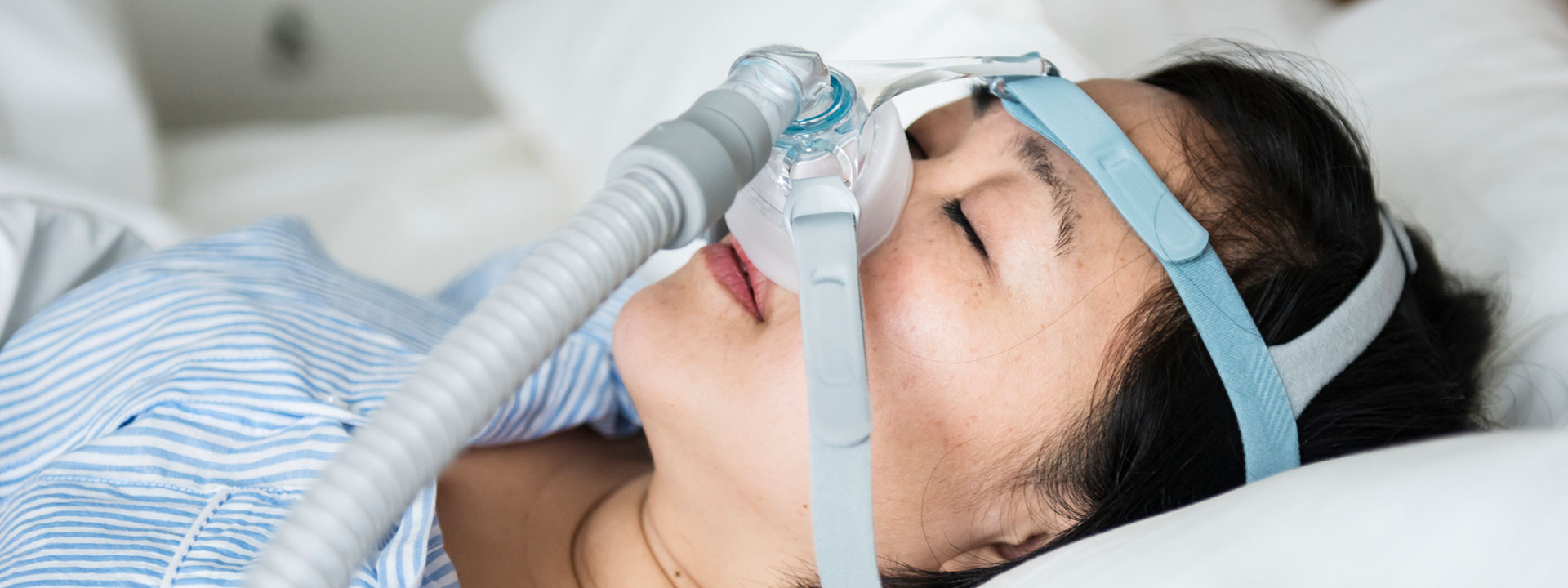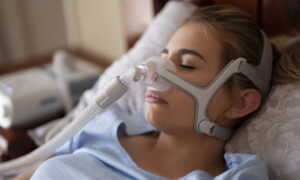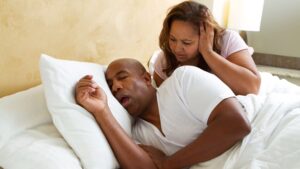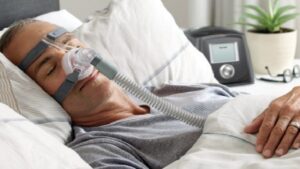The most distressing symptoms of sleep apnea may be greatly reduced for individuals by using CPAP therapy. We described the principles of CPAP treatment in our last blog article. But what are some of the most common issues connected to this kind of therapy?
According to current studies, around 60% of those who use CPAP for more than a few months are considered to be compliant. This might be explained by the fact that many users have trouble becoming comfortable during CPAP therapy. However, there are quick remedies for these issues that might raise your patients’ compliance rates. Visit: https://store.airliquidehealthcare.com.au/en/cpap-masks/ to get more about CPAP masks.
Listed here are the top 10 CPAP patients’ most frequent concerns and the best strategies to address them.
Related: These tips will help you manage CPAP better
How can I get used to using a CPAP mask?
To get acclimated to using your CPAP Masks, you must start small.
Try putting on the mask while reading a book or watching TV throughout the day. You may sometimes get acclimated to wearing the mask at night by just wearing it while you cook or even browse the internet.
Wear the CPAP masks every time you go to bed at night and even during naps if you’ve become used to how it feels on your face.
The truth is that it will be more difficult to become acclimated to wearing the mask the less often you use it. Use the device for a few weeks or longer to check whether the recommended mask and pressure settings are still effective for you.
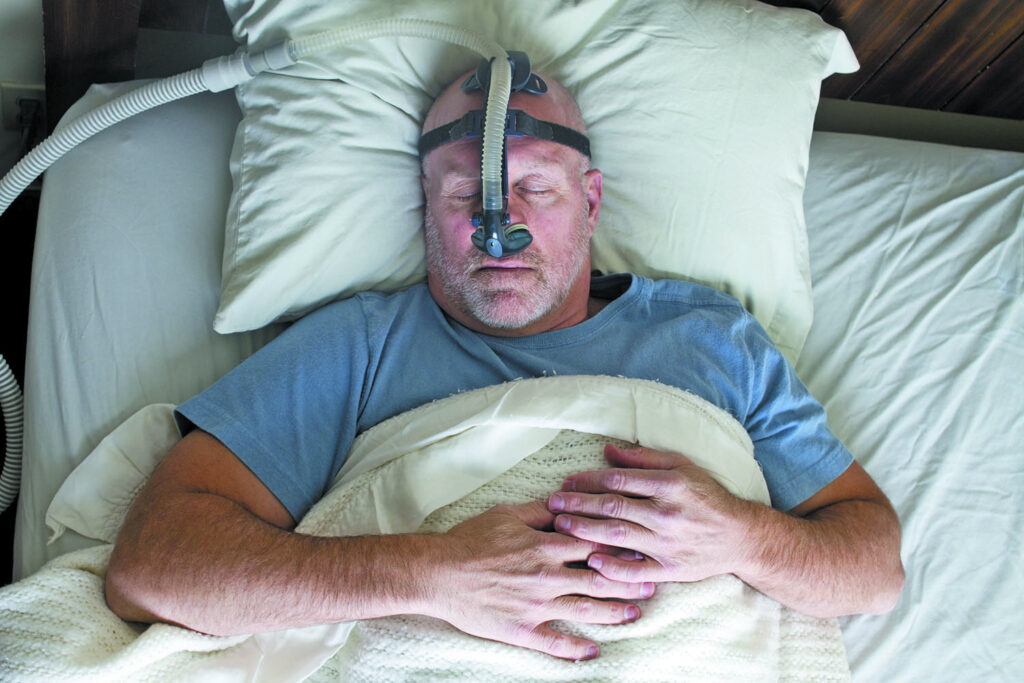
It hurts to use my CPAP mask at night!
Working closely with your physician and CPAP provider when purchasing a new CPAP mask is essential to ensuring that the mask and equipment meet your requirements and are correctly fitted for you.
To achieve the optimum fit, ask your doctor, a sleep specialist, or a CPAP provider to demonstrate how to adjust your mask. You should also study the manufacturer’s product instructions to acquire a better understanding of appropriate fit.
The good thing is that there are several mask designs available. To be sure you choose a mask that best meets your requirements, consider the many CPAP masks and each mask’s advantages and disadvantages.
Do I have a CPAP mask allergy?
Your CPAP masks may not fit you well or it may be creating an allergic response.
Here are some guidelines for determining if you are allergic to your CPAP masks:
- First, put down the CPAP mask, then call your doctor right away. A CPAP mask allergy usually manifests itself the night you use the mask.
- Consider how often you wash your face mask. Nearly 90% of the time, what seems to be an allergic response to a CPAP mask (such a bruise on the face or a skin infection) is brought on by infrequent cleaning of the mask.
- Verify that your mask is not a vintage latex version. The bulk of CPAP masks on the market right now are comprised of silicone, and a select number are also made of a gel substance. Nearly all are devoid of latex.
I can’t stand the CPAP mask’s pushed air.
The “ramp” option on the CPAP machine can help you get around this problem.
With the “ramp” option, you may start with a low air pressure and gradually raise it over time until it reaches the pressure that your doctor has advised. Your doctor may also change the speed of this “ramp” function.
Ask your doctor whether you can switch to a BPAP machine if this doesn’t work. But make sure you read our side-by-side comparison of BPAP and CPAP devices to see whether this is something that might work better for your treatment requirements.
After using the CPAP Mask, my nose is runny or congested!
First, see whether a heated humidifier is included with your CPAP machine. The use of a humidifier may often reduce these symptoms. Consider purchasing a CPAP machine with an adjustable amount of humidification if your current one does not already have one.
When going to bed, think about using a nasal saline spray to keep your nose from over drying. Finally, check to see whether your mask fits properly; a leaking mask might dry out your nose.
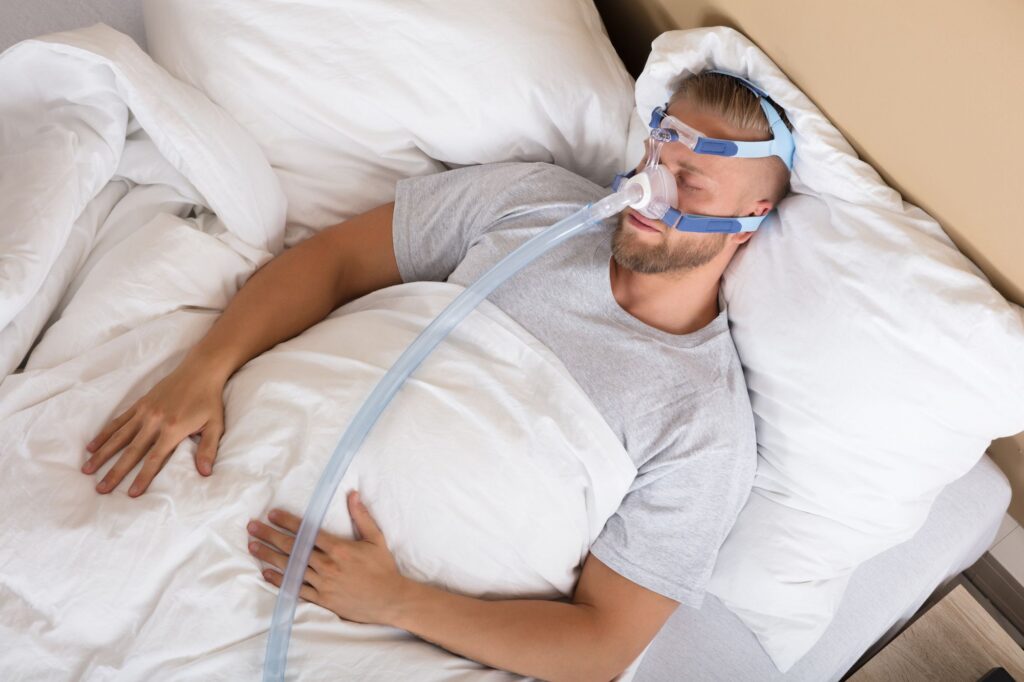
When I use my CPAP mask, I feel constricted.
Start out by approaching your CPAP therapy with optimism.
Although you may not realize it, the CPAP machine and mask are there to greatly enhance your quality of life over time.
Before anything else, remember that effective CPAP treatment sometimes requires patience while you acclimate to therapy. Follow our suggestions on getting accustomed to using your CPAP masks. If you need more assistance in adjusting to treatment, speak with your doctor or a sleep specialist.
- While you’re awake, practice wearing your CPAP mask: To begin, just hold the mask against your face without any other components. Try wearing the mask with the straps once you’re at ease with that.
- Start out slowly to become used to the CPAP Mask: Without using the straps, try holding the mask with the hose attached to your face. Have the CPAP machine’s hose connected and set the pressure to low (with ramp feature turned on). Finally, while awake, wear the mask with the straps and the air pressure machine on. Try sleeping with it on once you’re at ease with that.
- Try some relaxing techniques. You might also try progressive muscle relaxation techniques to help you feel less anxious about using your CPAP mask. Trying a new form of mask, such as one that incorporates nasal cushions, or getting a different size of mask may be helpful.
Consult your physician, a sleep technician, or a CPAP provider if you continue to have claustrophobia.
Even with the CPAP mask on, I have trouble falling asleep.
Patients who are just starting CPAP treatment are more likely to have this common, transitory issue. Try out the “ramp” function of your CPAP machine after following our advise on becoming used to it.
Make sure you’re also following excellent sleep hygiene, which is doing regular exercise and abstaining from coffee and alcohol before bed.
Why do I have dry mouth after using my CPAP mask?
The effects of CPAP may be exacerbated by mouth breathing at night or sleeping with your mouth open. If you’re using a nasal mask, a chin strap could assist keep your lips shut and lessen air leakage.
But once again, check to see whether you’re using the appropriate mask and experiment with changing the heated humidifier settings on your CPAP machine to see if it helps.
